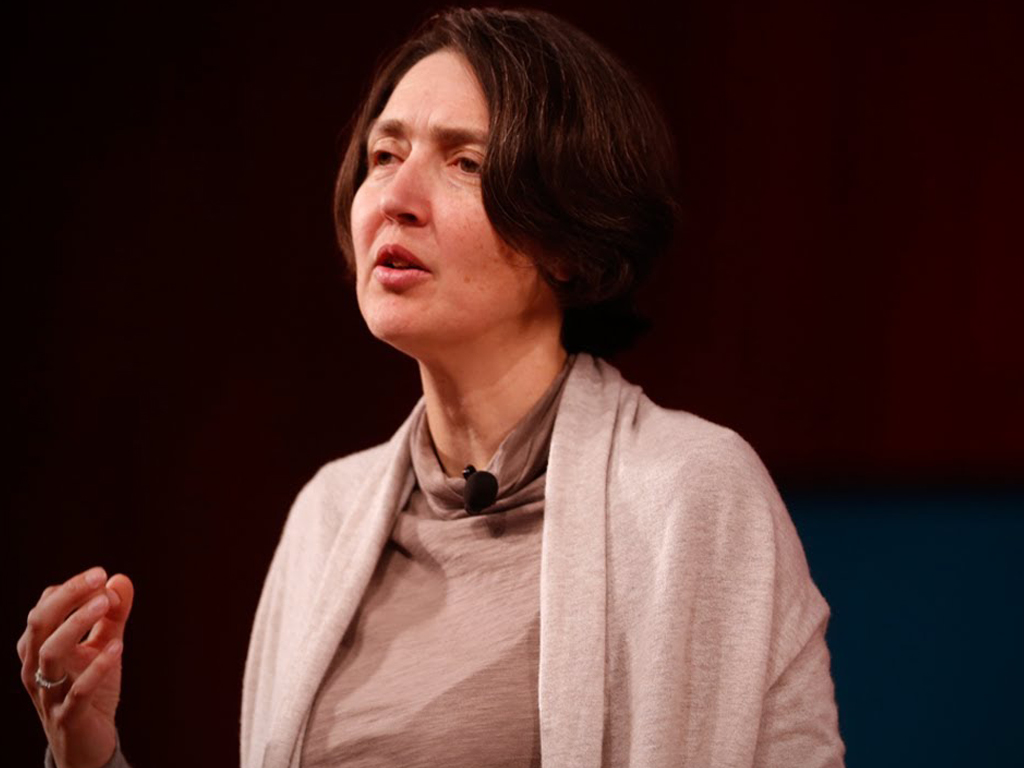Govt must have its own reform agenda

The Chief Economist of United Kingdom Department for International Development (DFID), Rachel Glennester, in an exclusive interview with Business Recorder followed by interaction with select media personnel emphasized the importance of Pakistan government formulating its own strategy (reform agenda) to improve the economy that may then be supported by a bail-out package from the International Monetary Fund (IMF). She added that areas of strategic interest and areas of implementable specifics with sequencing must be prioritized by the Pakistan government; it further maintained that "the government must have its own plan for reform and then it should go to the IMF rather than the country faces macroeconomic instability and then the IMF forces reform agenda." This stance has been consistently supported by this newspaper as well as independent economists however to date there appears to be little to lend confidence that the PTI administration is heeding such advice.
The first amendment finance bill unfortunately reflected the policy thrust of previous administrations notably reducing development expenditure that has already slowed down the growth rate, envisaged an increase in revenue collection through unimplementable specifics for example raising revenue by 93 billion rupees through the use of technology and raising indebtedness - both from external sources as well as domestically (including raising debt equity through issuance of sukuk and diaspora bonds). The second amendment finance bill was in essence an industrial promotion bill consisting of high risk proposals as it is yet unclear whether the sector would consider the bill's specifics as sufficient to take decisions with respect to industrial expansion and/or setting up new plants. True almost daily reports indicate that foreign investors are meeting with the Prime Minister as well as reports of commitments by Saudi Arabia and the United Arab Emirates to invest in Pakistan yet such meetings and commitments were also reported during previous tenures and hence it is advisable to wait and see not only if the pledges are realized but equally importantly how long would it take to translate pledge into disbursement. Additionally, BR would urge the government to take parliament on board on all agreements signed with foreign investors with the objective of forestalling reneging on these agreements by future administrations as Pakistan today is facing heavy penalties on this account.
What, however, is patently evident after the two amendments to the finance bill 2019 is that so far there has been no attempt to deal with indicators that are responsible for macroeconomic instability which can be defined as: (i) sustainable budget deficit that would prevent growth in national debt. There appears to be little if any effort to check a deficit rise; (ii) high national debt to GDP ratio that unfortunately has continued to rise though this is mainly attributable to interest on loans as well as principal due this fiscal year - loans incurred by the previous administration; (iii) high inflation and in spite of subsidies on utility tariffs and declining oil prices in the international market, inflationary pressures are on the rise in Pakistan expected to be above 6 to 7 percent in the current year, (iv) rise in interest rates which again imply higher inflation; and (v) currency stability is not yet achieved with the rupee depreciating considerably in recent months which is likely to continue without central bank's interventions.
Glennester stated that DFID is engaged in improving Pakistan-UK trade relations and that the China Pakistan Economic Corridor (CPEC) provides an interesting opportunity to invest in energy and infrastructure sectors and advised the government to "keep prices right and reduce barriers to investment and improve competitiveness which is not just about exchange rates particularly...it means competition with other economies as a driver for innovation as competitiveness can help the country improve its exports." The PTI government is focused on this aspect however this is a long-term project and the government needs to focus also on attaining macroeconomic stability.
Glennester highlighted the need for development spending in Pakistan with approximately 66 million Pakistanis living in poverty, 22 million children out of school, one in 11 children dying before their fifth birthday with 8000 women dying in childbirth each year. DFID, she added, had emerged as the largest donor to Pakistan and is mainly engaged in social sector development. While Prime Minister Imran Khan has consistently pledged to improve social sector's outreach yet to date there has been little progress in this regard. Revenue shortfall remains one of the reasons for this yet the Prime Minister is gung-ho about providing low-cost housing for the poor and it is time for his economic team to announce its reform agenda and begin prioritizing/sequencing these reforms that may push housing to the backburner and social sector development to the forefront.



















Comments
Comments are closed.